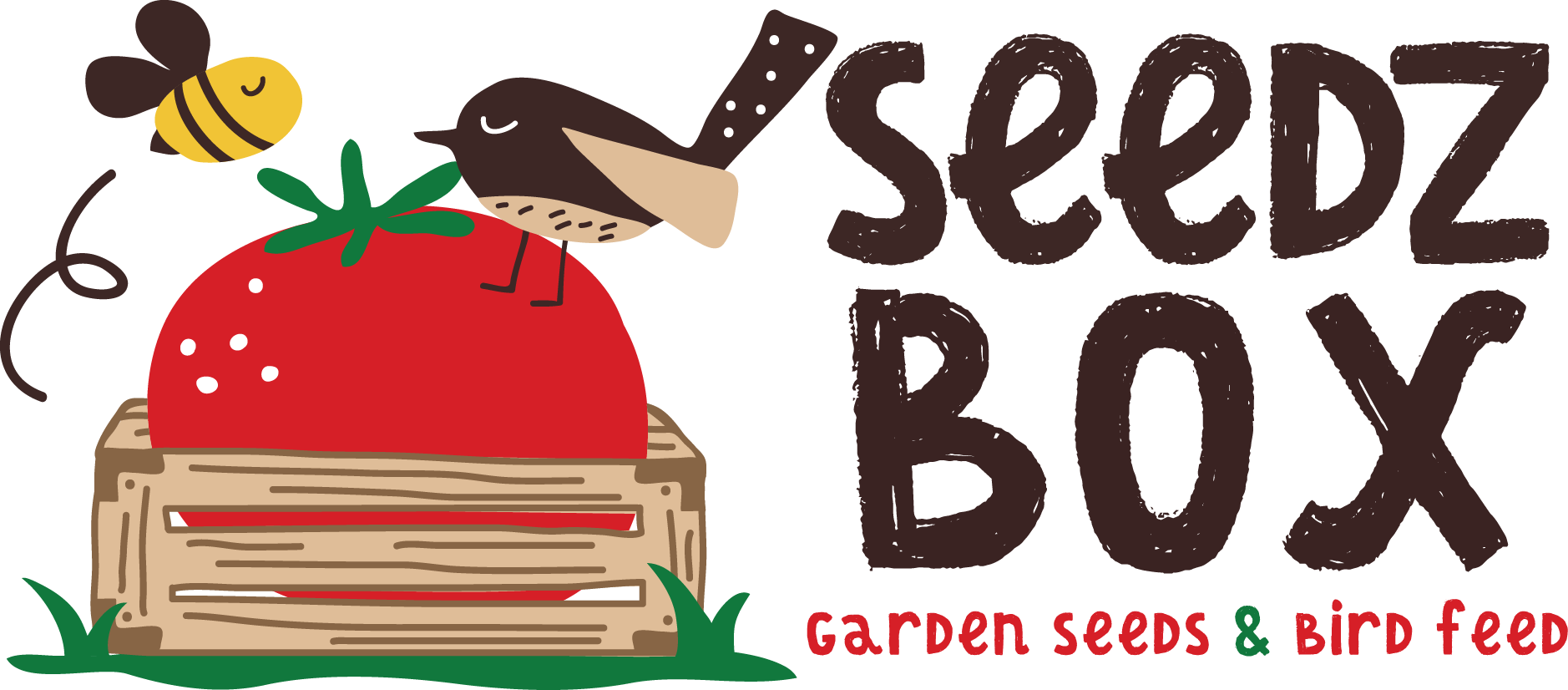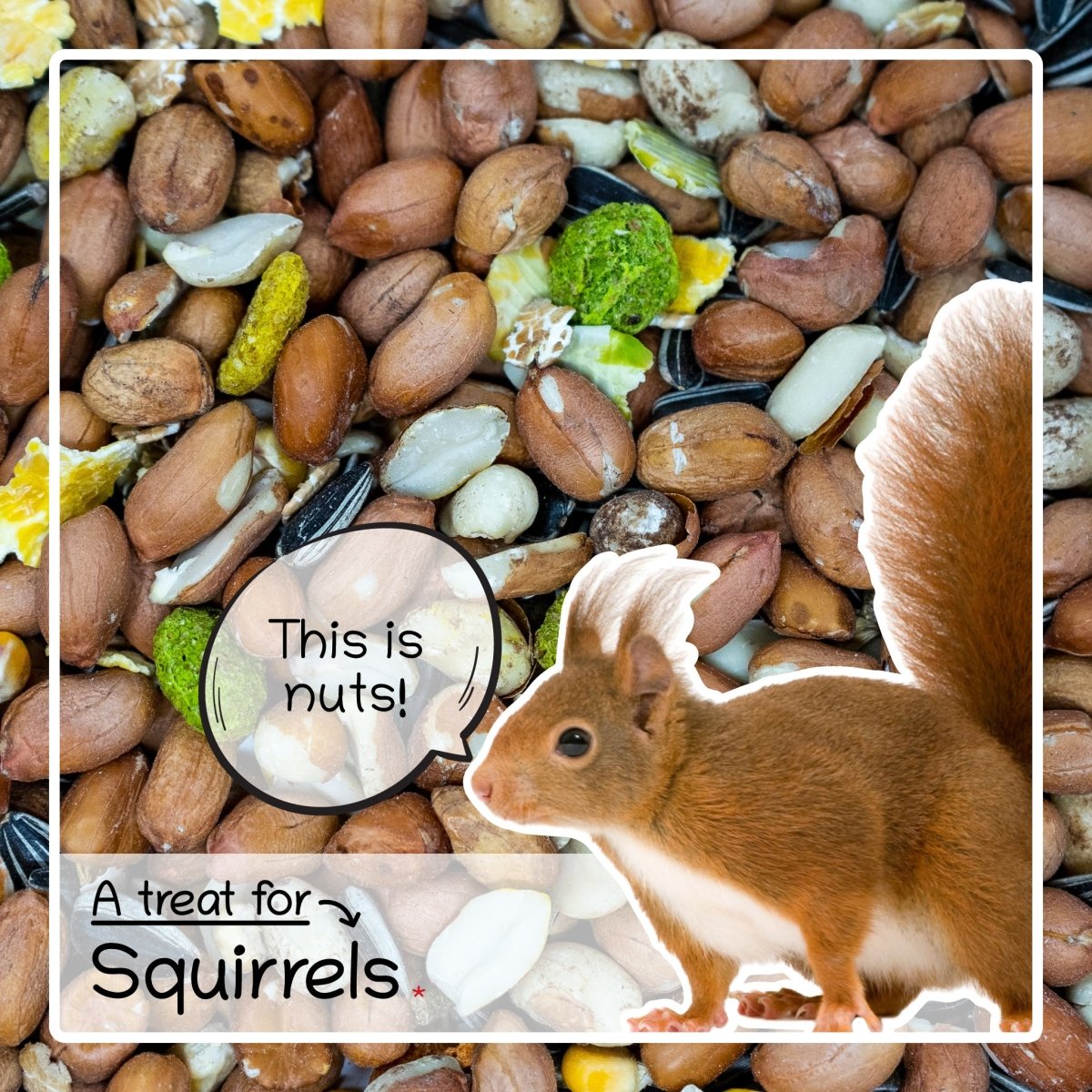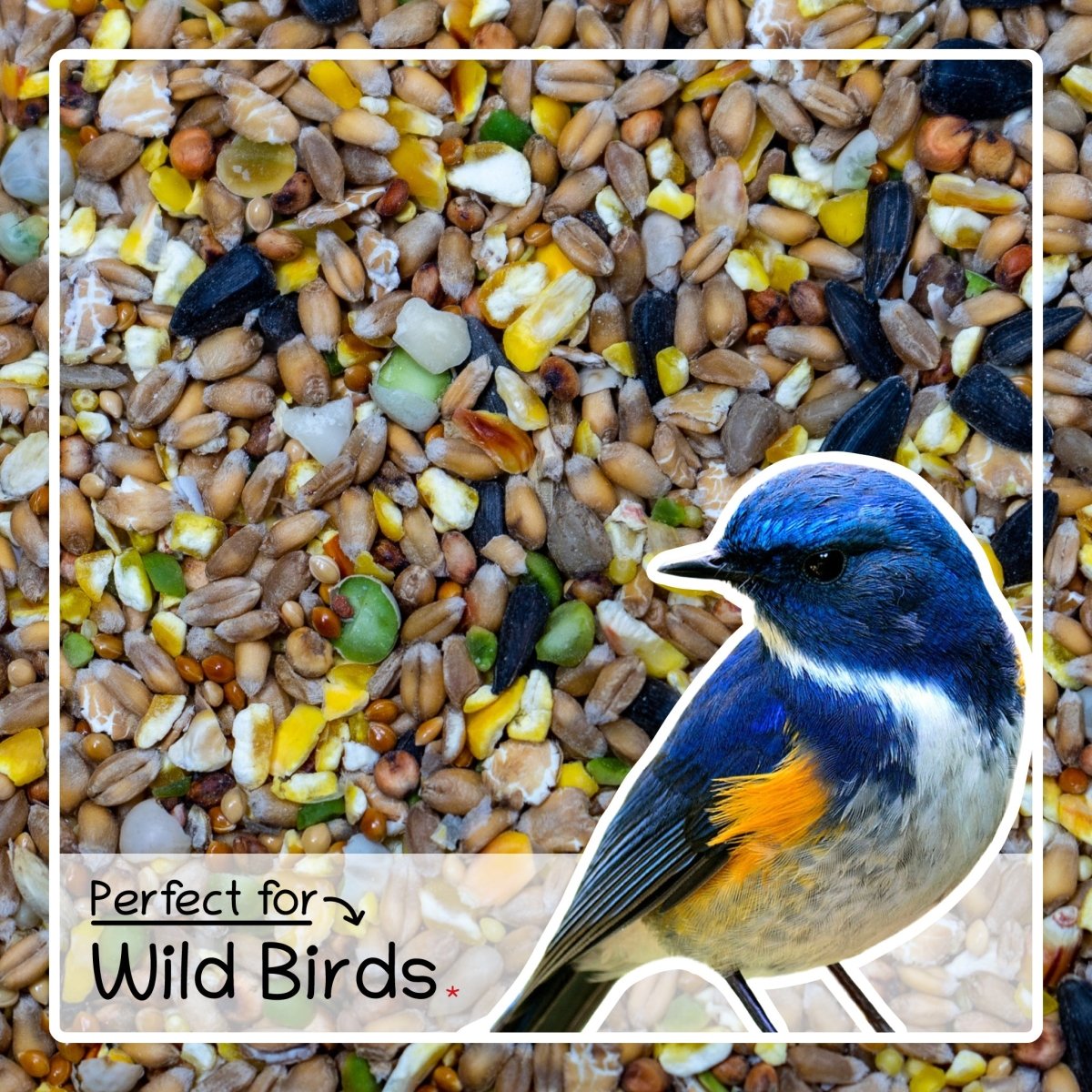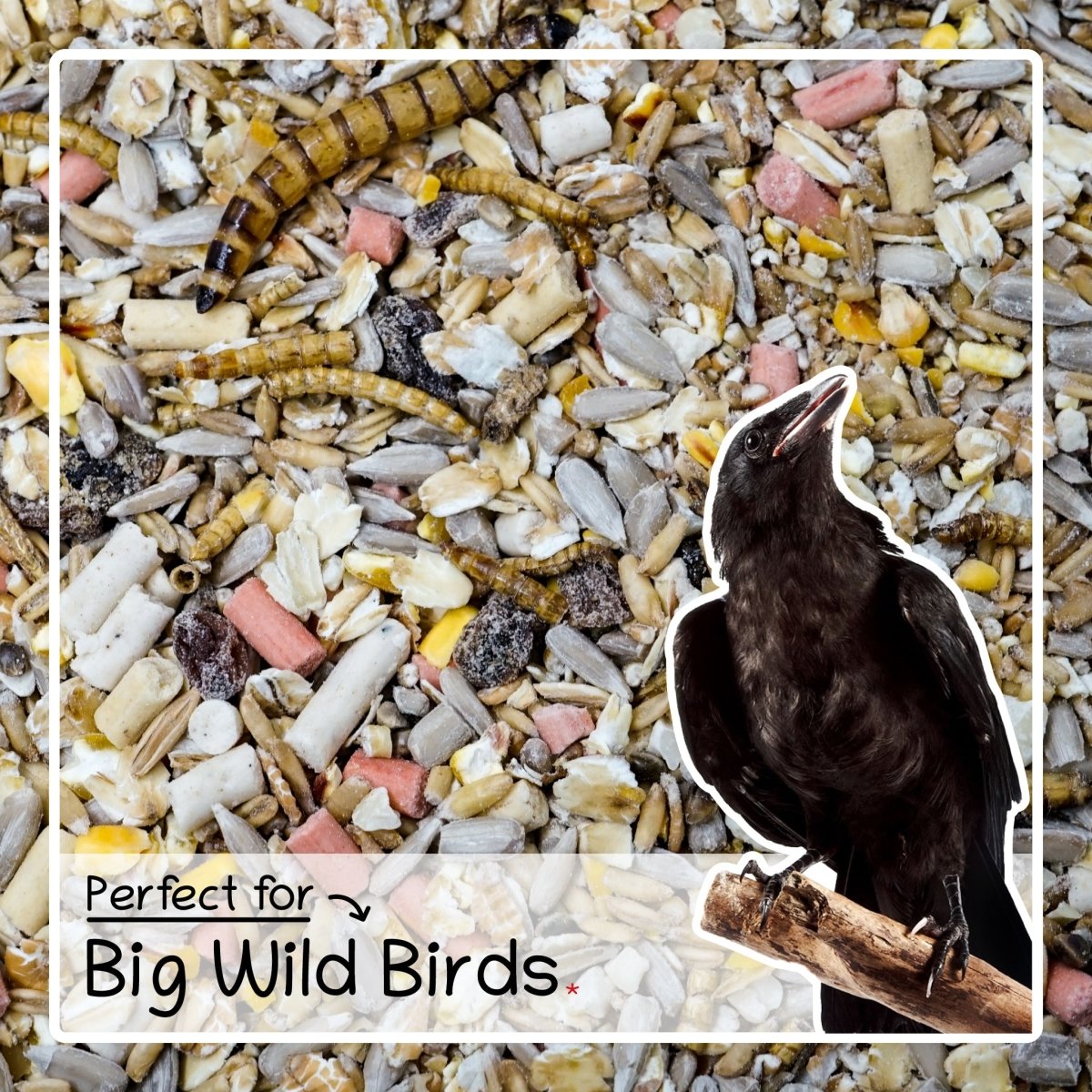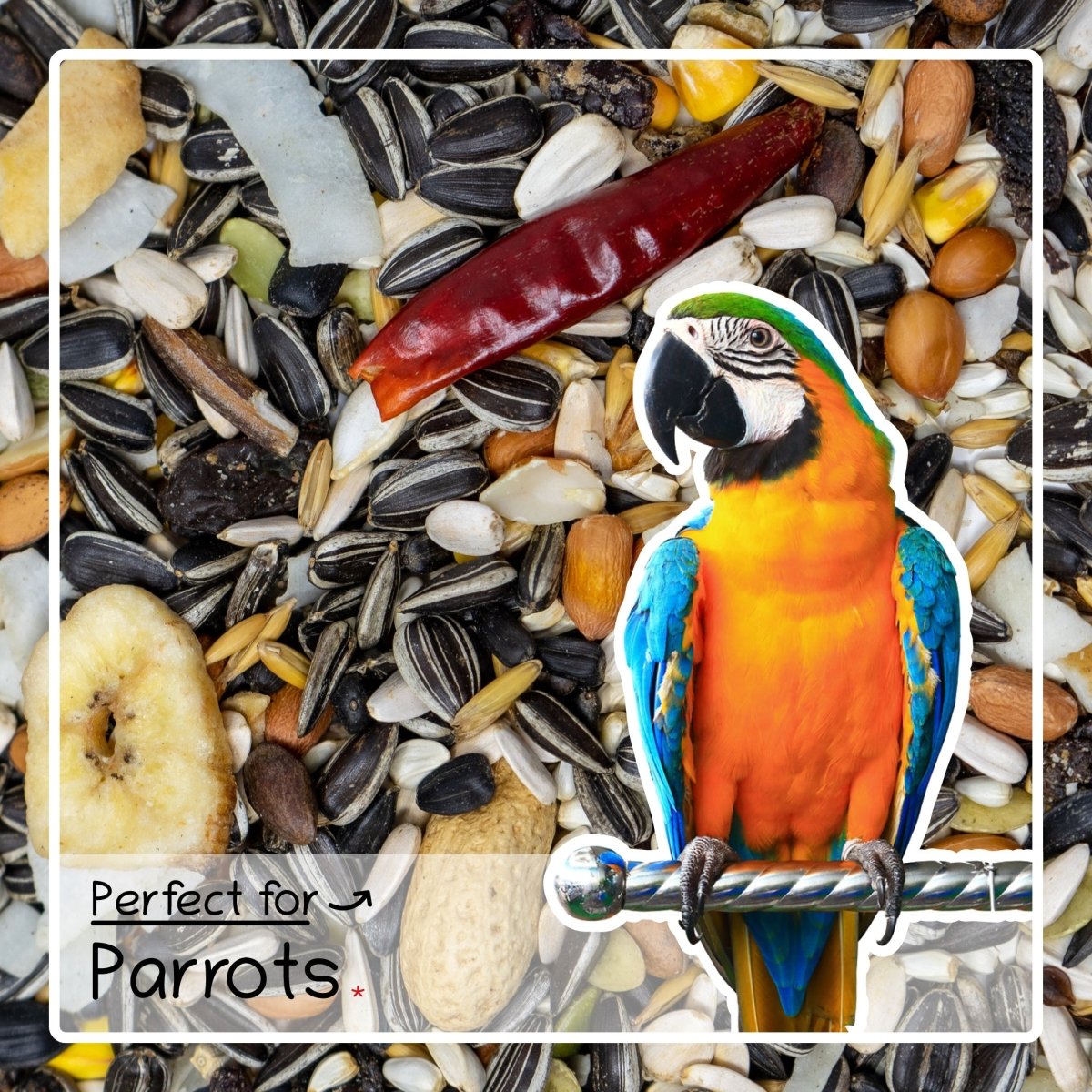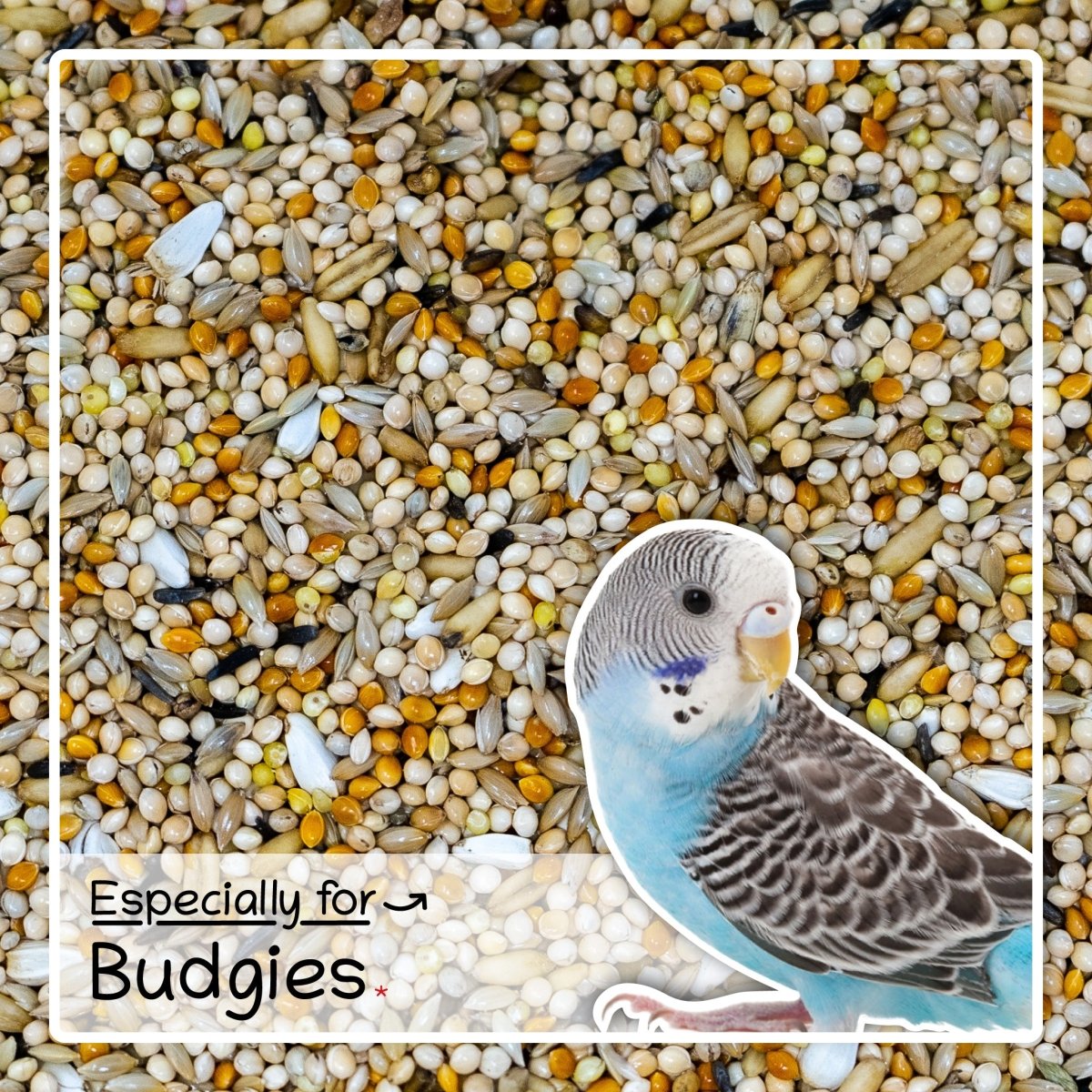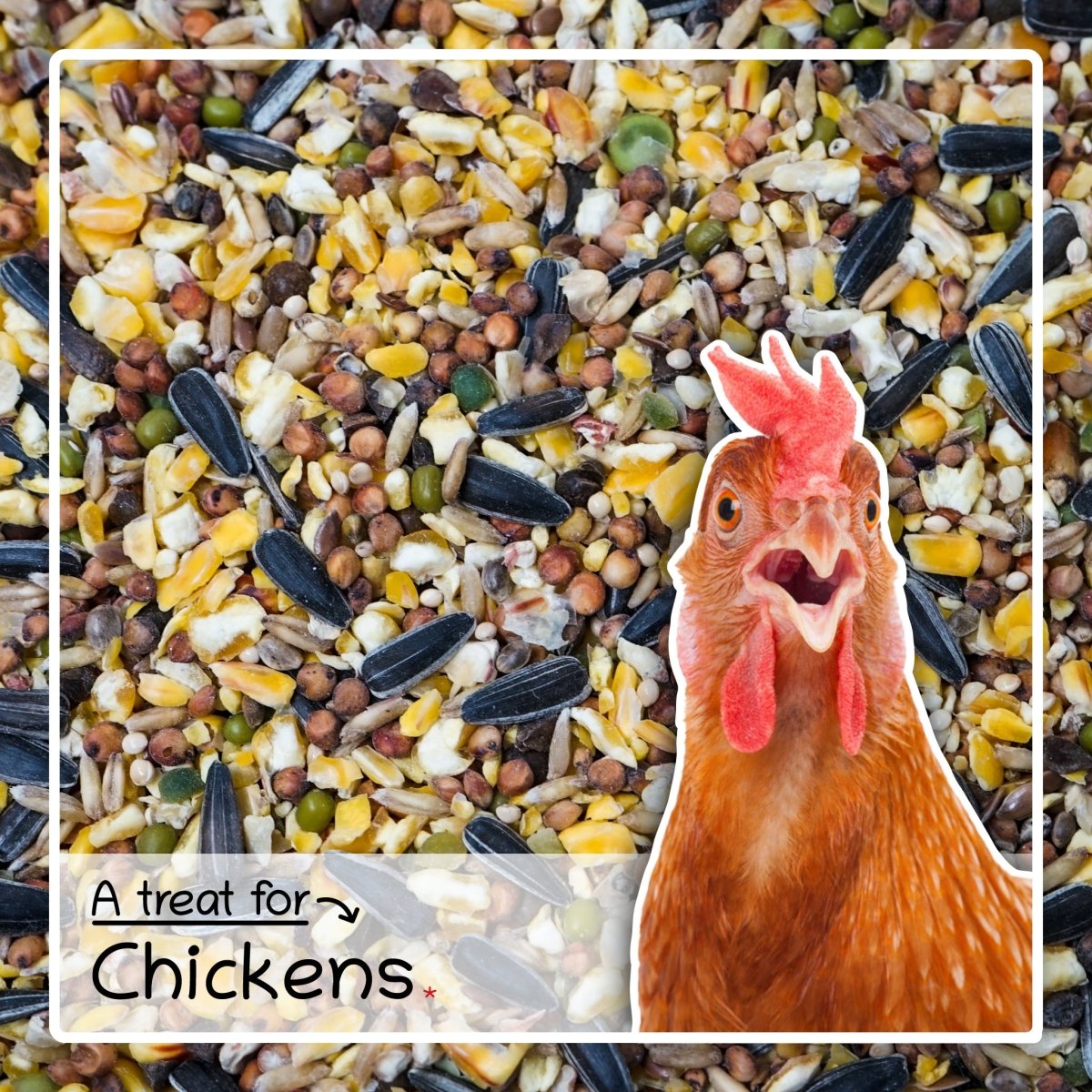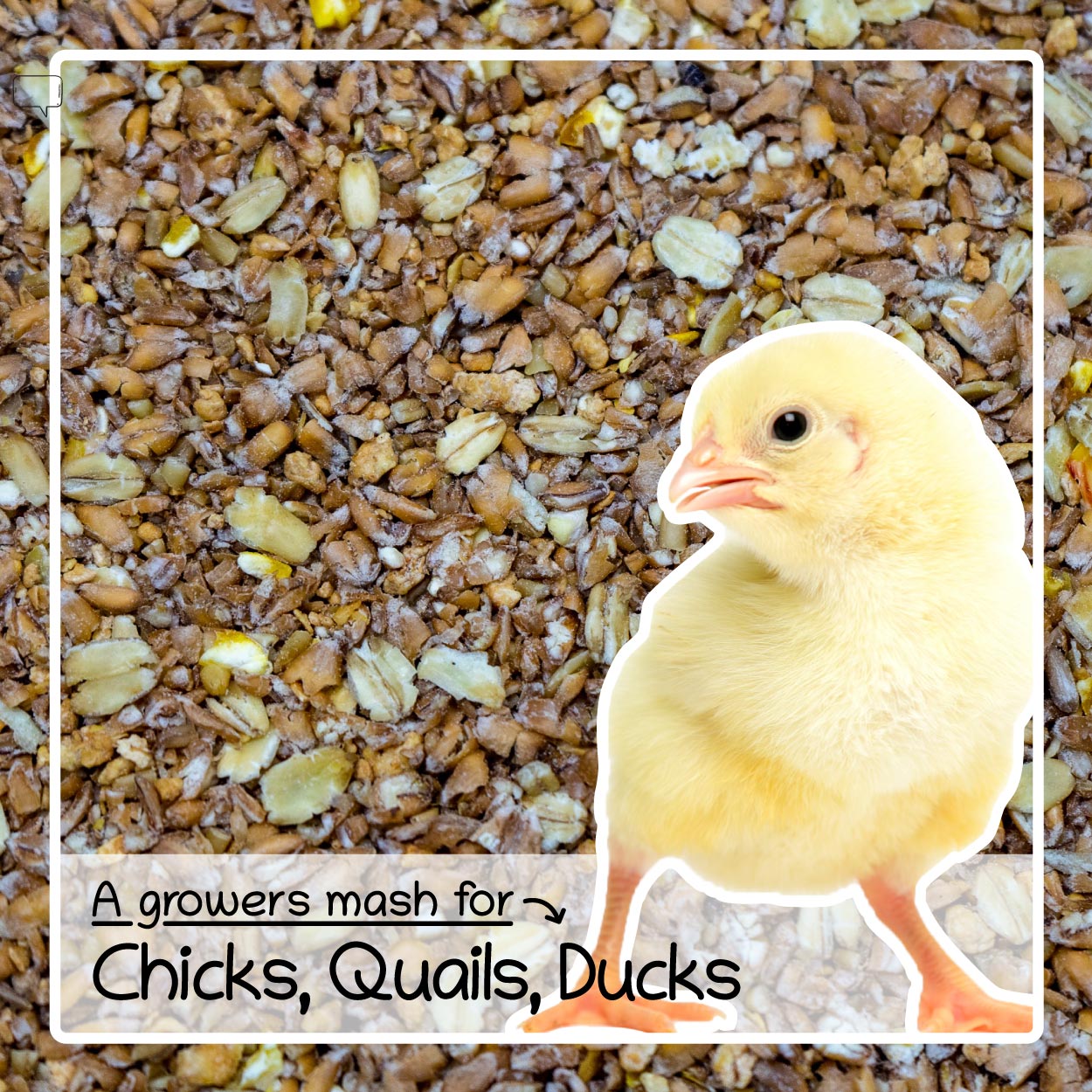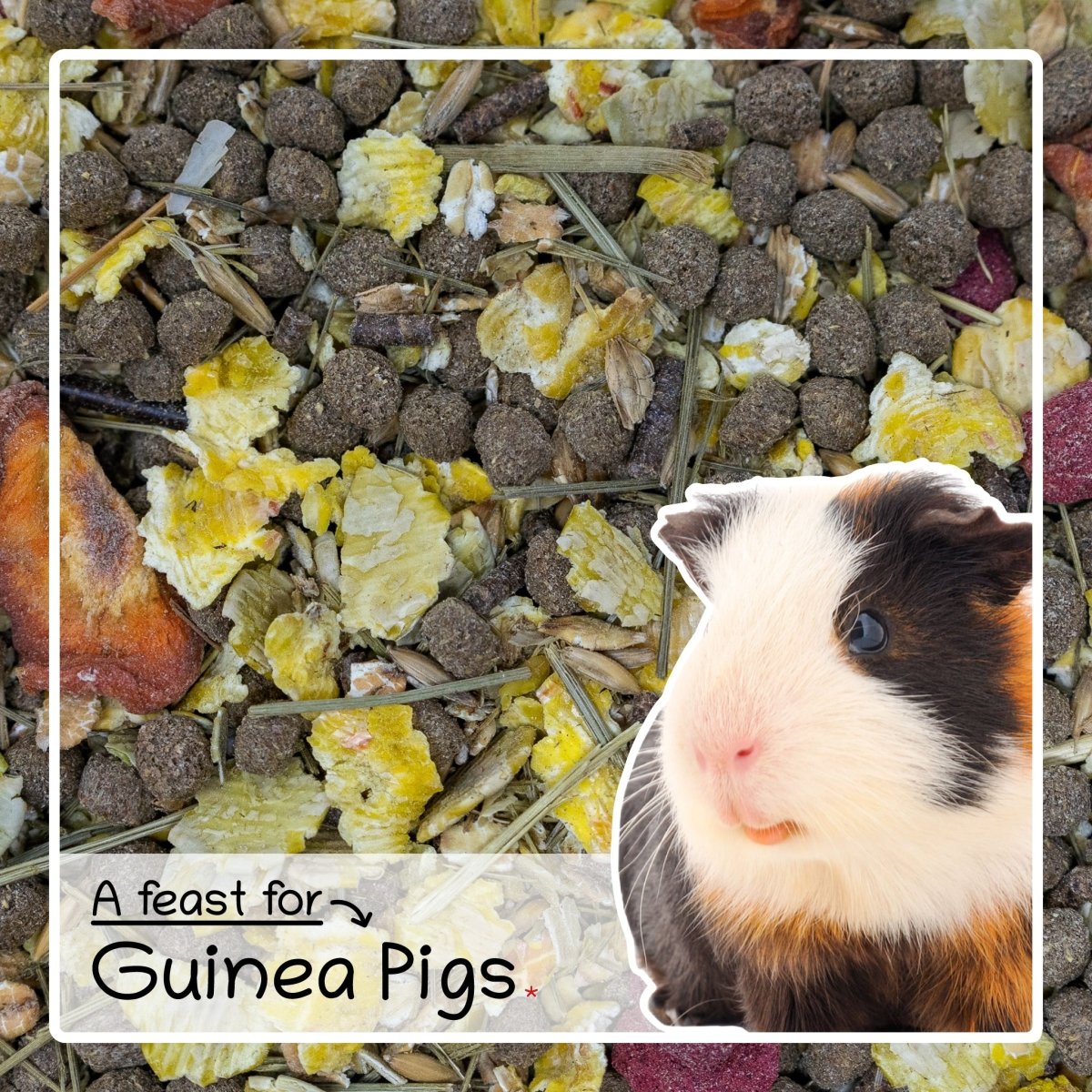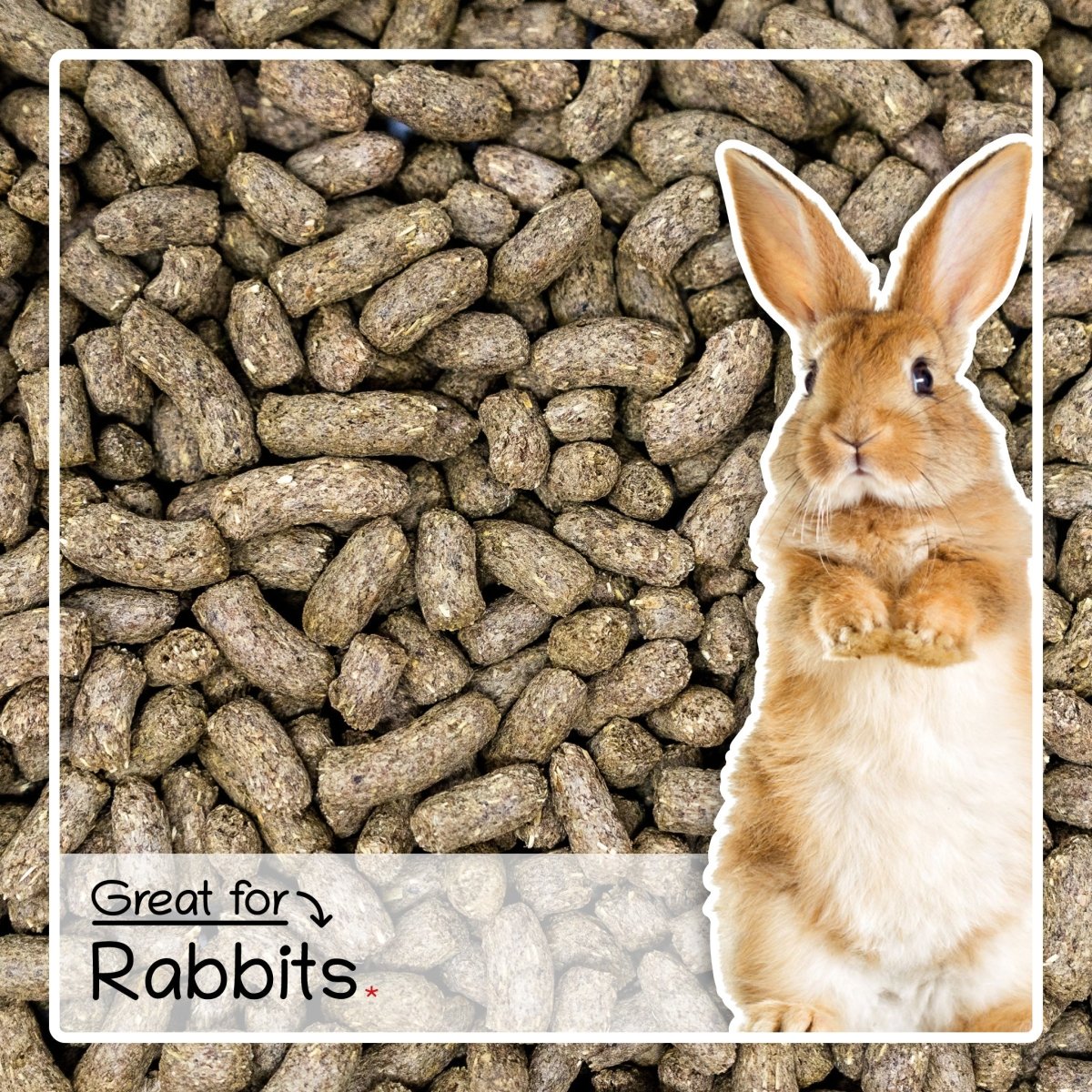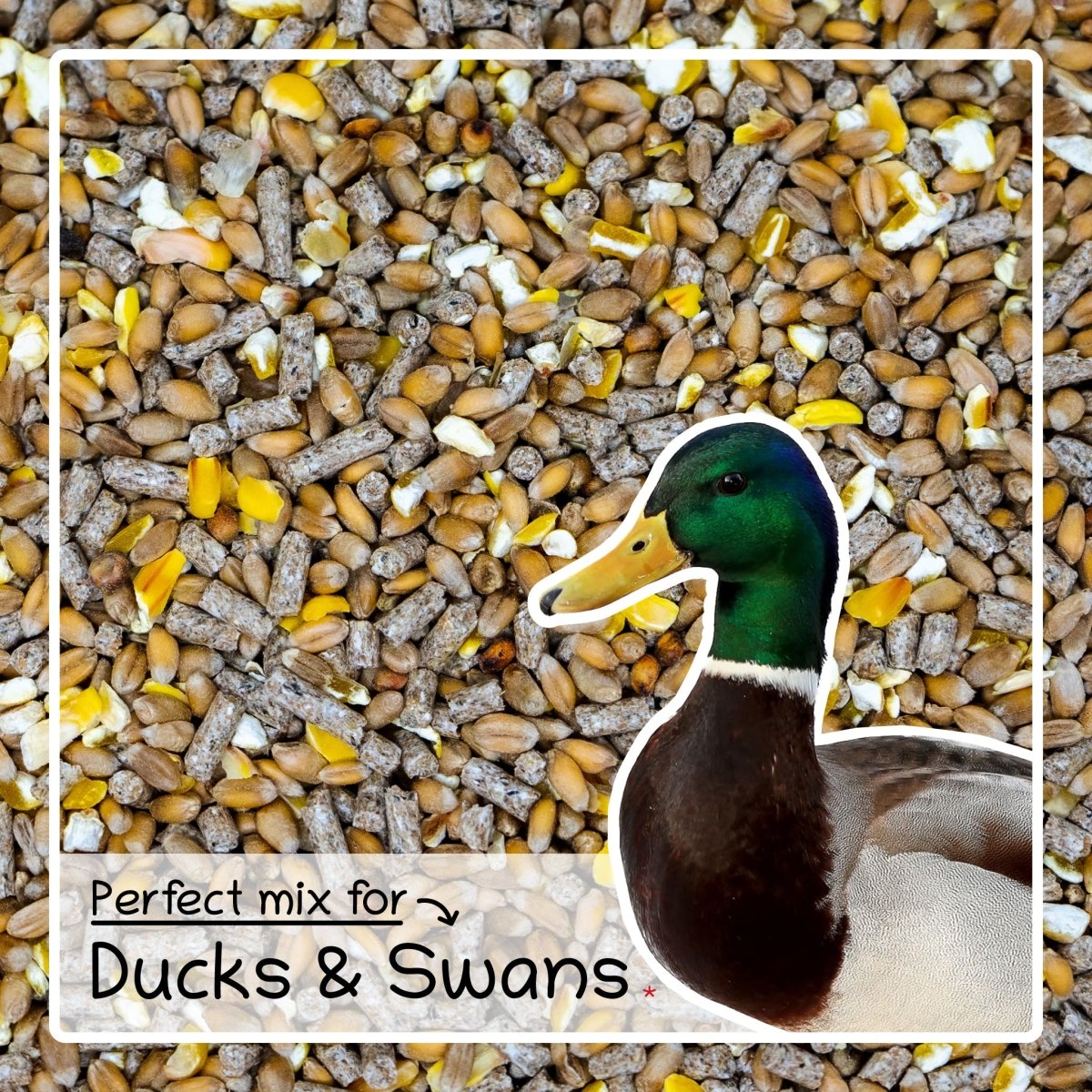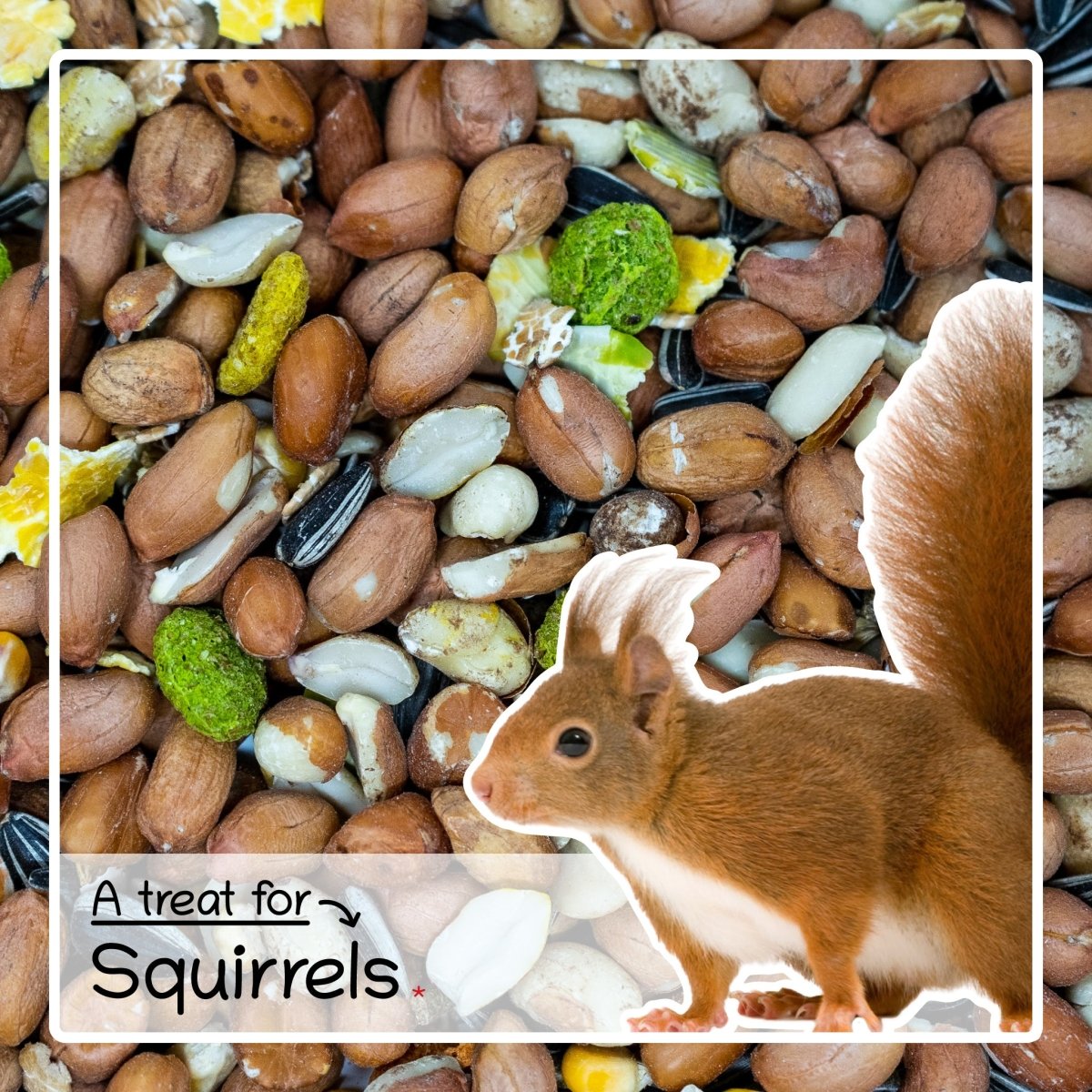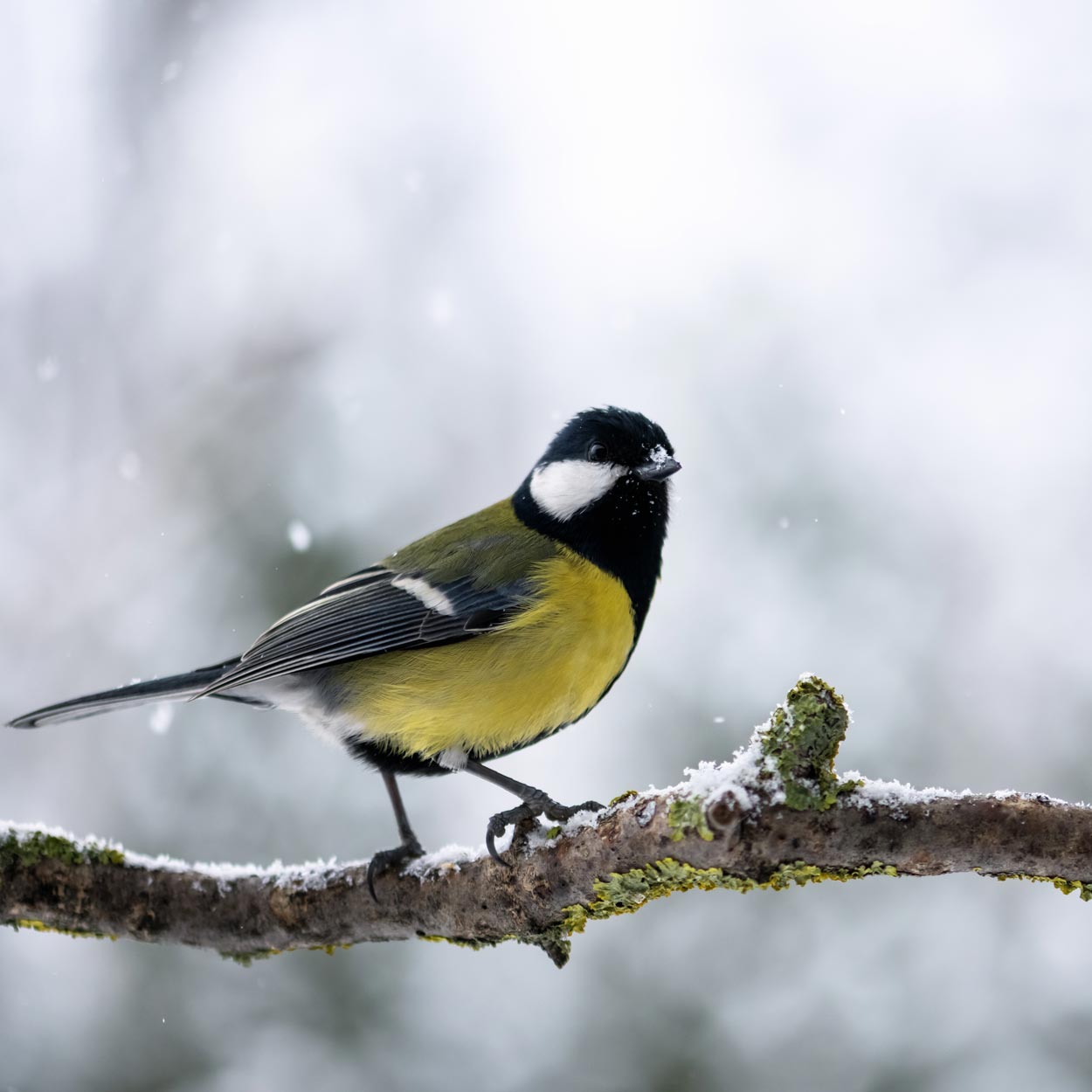Blog
RSS feed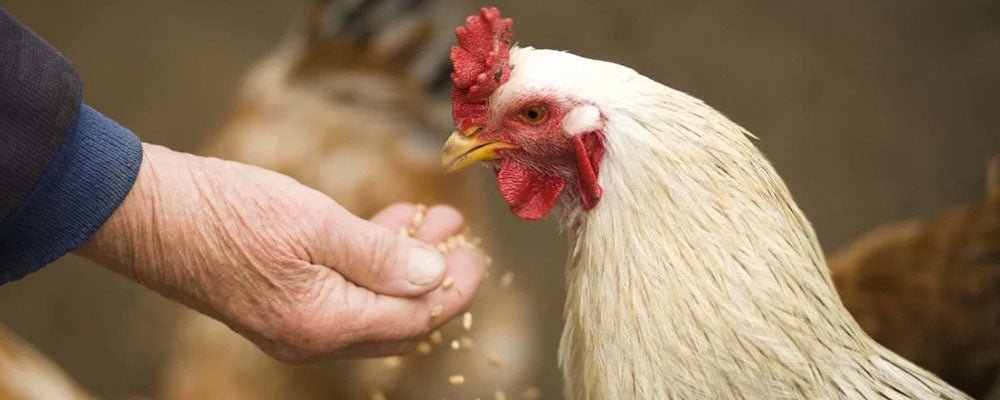
Chicken Breeds - A Guide To Chicken Breeds
When starting a new flock, you have to decide whether you want large chickens or bantams. Bantams are normally kept as pets or for show, while the larger breeds are commonly preferred by those with...
Read more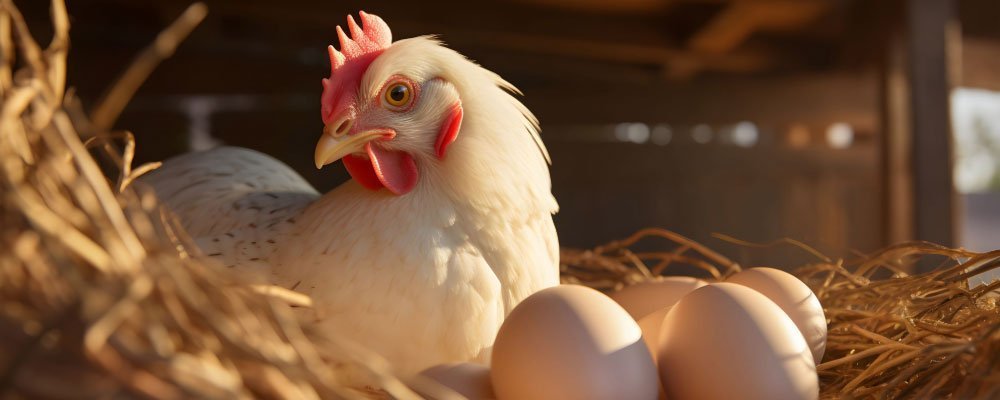
Chicken Eggs & Hen Laying - A Guide
How old are hens when they start laying eggs? Hens can start laying (called Pullets when they’re young) when they are about six months old. Those hatched very early in the spring will sometimes lay...
Read more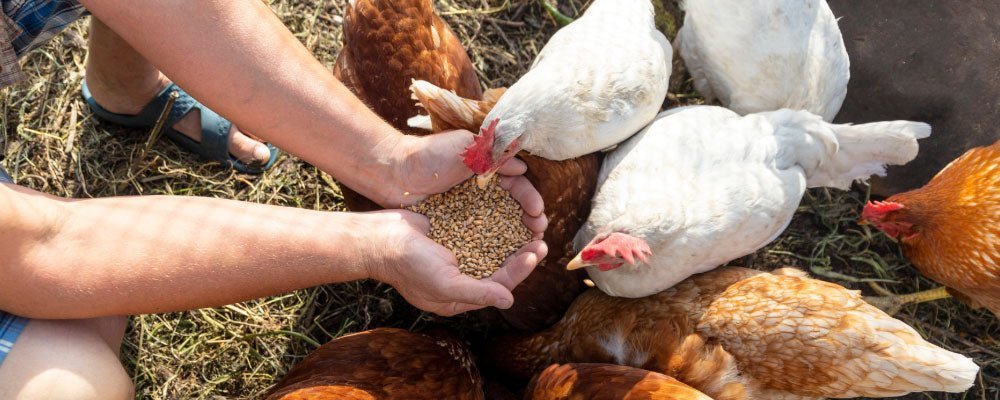
Chicken Food - A Guide to Feeding Chickens
What types of chicken feed are there available? Unlike many other animals, due to poultry consumption globally, the dietary requirements of chickens have been thoroughly researched and it has been ...
Read more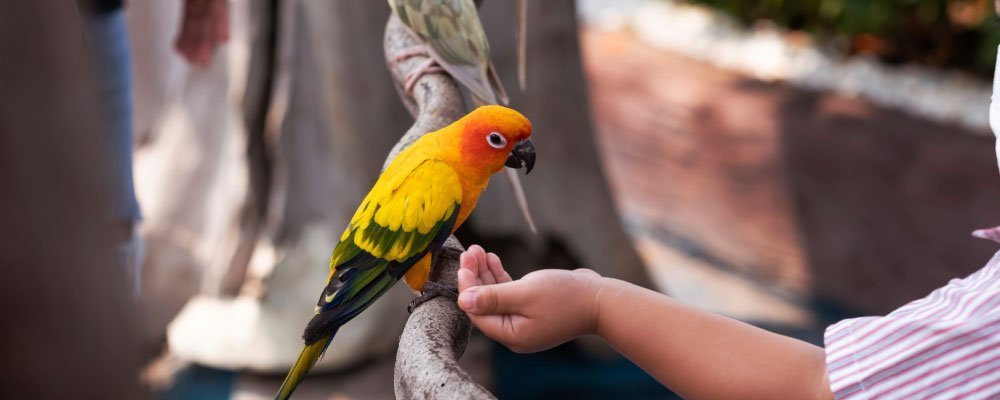
Parrot Food - A Guide To Feeding Parrots
There are thousands of parrot species in a wide variety of shapes and sizes and indigenous to many different environments, so It’s difficult to have a one-size-fits-all approach to feeding parrots....
Read more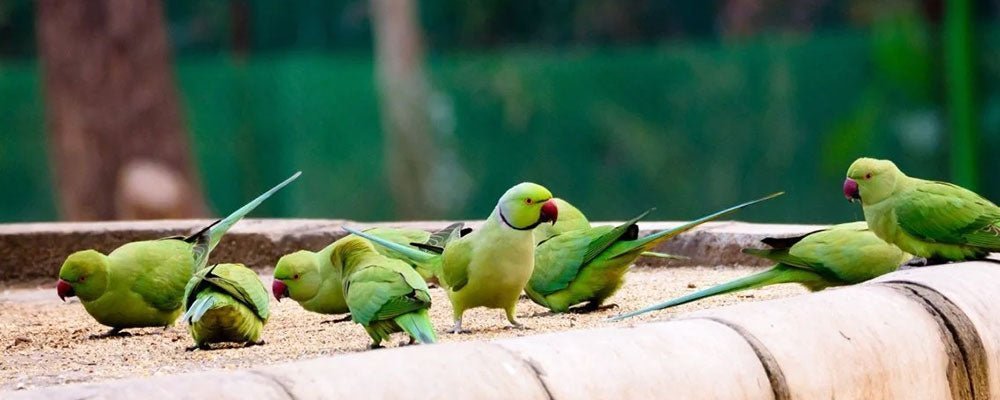
Budgies, Cockatiels and Grass Parakeets - A Guide
Budgerigars Perhaps the most popular and familiar of the small parakeets, budgerigars are native of the dry, temperate grasslands in Australia where they gather in huge, noisy flocks. Budgies in th...
Read more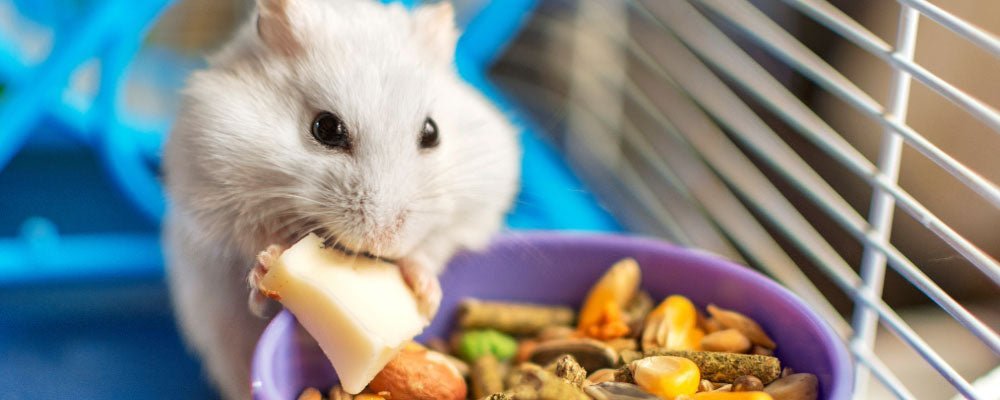
Hamster Food - A Guide To Feeding Hamsters
Pet hamsters are among the easiest small animals to feed, so the easiest thing to do is to buy the best quality hamster food mixes and augment the seed mixes with some fresh fruit and vegetables, a...
Read more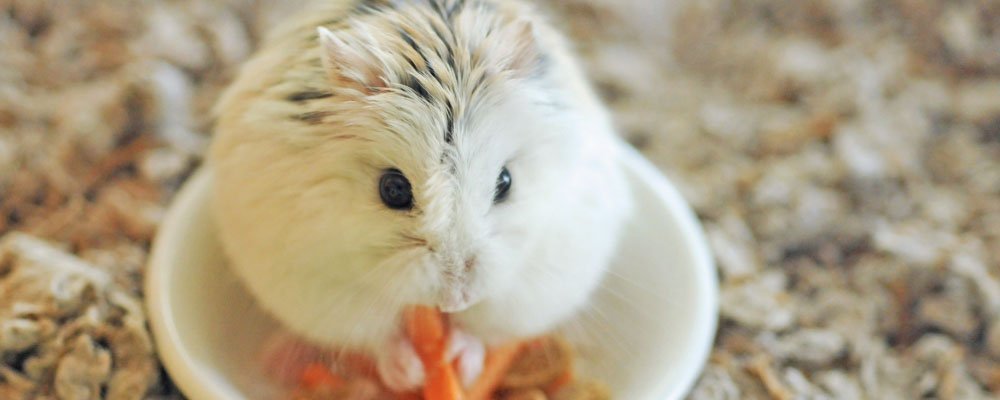
Roborovski & Chinese Hamsters - Our Guide
What is a Roborovski Hamster? A rarer dwarf hamster, the roborovski hamster, is less well known than the syrian, campbell and winter white hamsters, but its social nature and petite size have very ...
Read more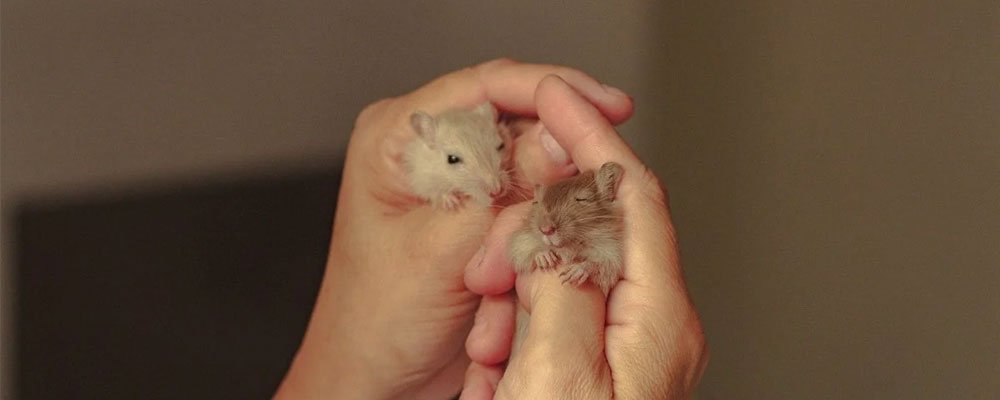
Winter White Hamsters - Our Guide
What are Winter White Hamsters? The dwarf winter white hamster, or phodophus sungorus in Latin, is originally from the grassy steppes of eastern Kazakhstan and southwestern Siberia. This hamster wa...
Read more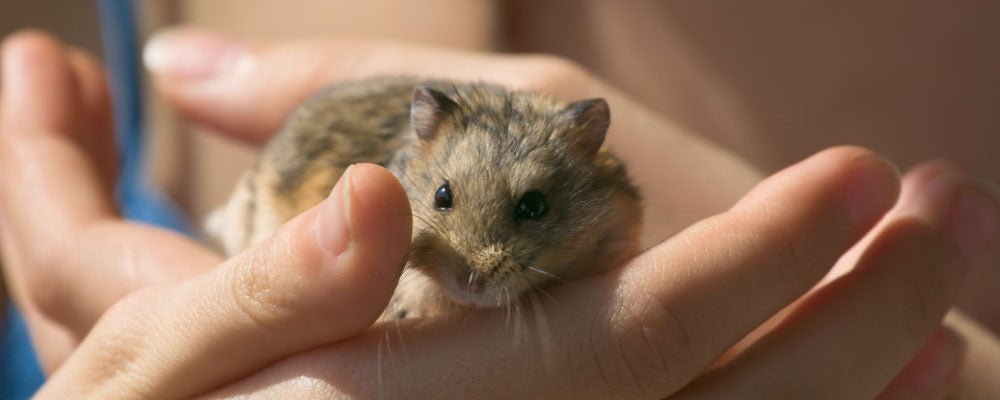
Campbell's Hamsters - Our Guide
What are Campbell's Hamsters? The second most popular hamster (after the Syrian hamster of course) is the dwarf Campbell's Russian hamster or phodophus campbelli in Latin. The Campbell's hamster is...
Read more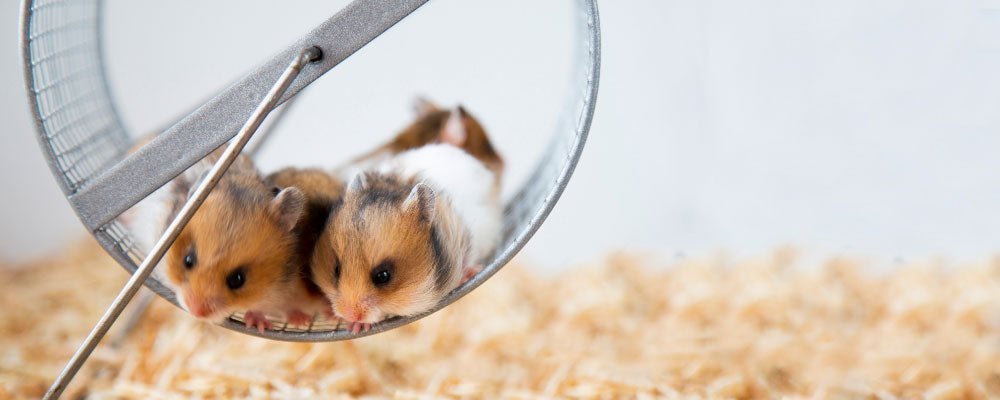
What are Syrian Hamsters? Syrian hamsters are found all the way from Romania and Bulgaria south-eastward through Syria, Turkey, Israel, the Caucasus and even parts of Iran. The colour of Syrian ham...
Read more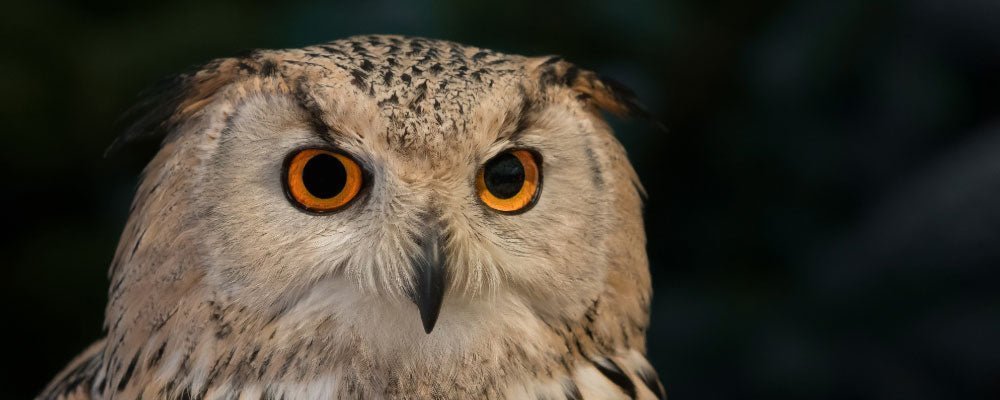
Tawny, Little and Barn Owls - A Guide
More likely to be heard rather than seen, owls become more active after dark feeding on a diet of small mammals, birds, rodents and invertebrates. It is possible to determine the diet of owls by ex...
Read more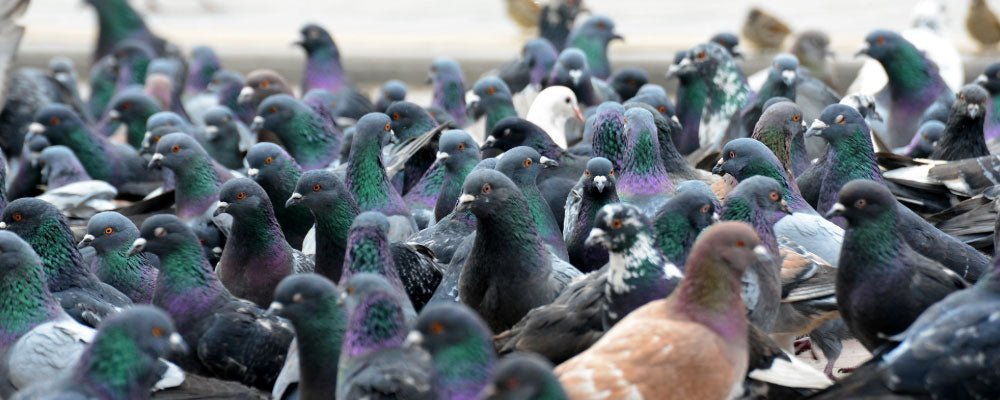
Pigeons - A Guide to Pigeon Birds
Introduced and bred for sport, pheasants are game birds, whereas pigeons and doves have adapted well to living alongside people, although their presence is sometimes unwelcome. Large flocks of fera...
Read more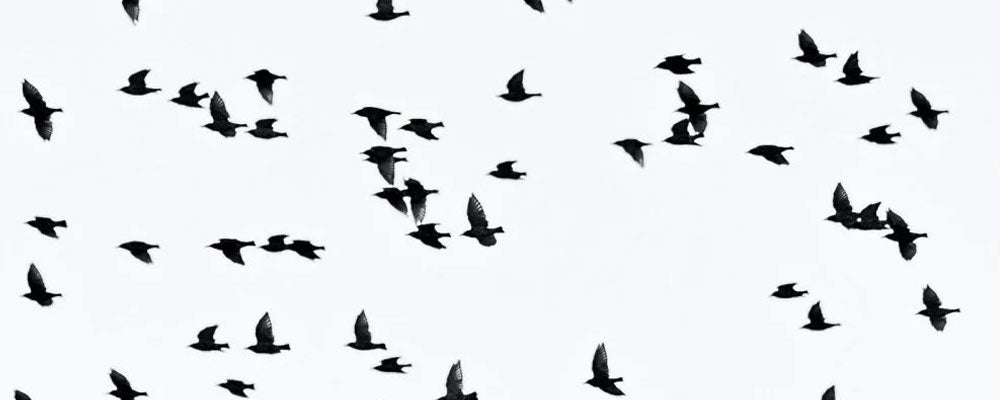
Magpies, Rooks, Ravens, Jackdaws, Starlings and Nightingales
Studies suggest that corvids, such as magpies, rooks and ravens, rank among the most intelligent of birds. Many display an instinctive desire to hoard food, such as acorns, to help sustain them thr...
Read more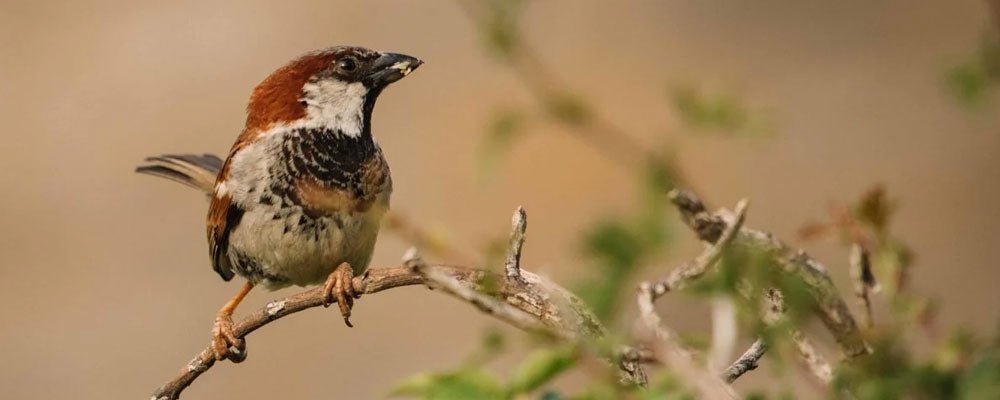
Finches feed mainly on seeds but, by adopting different feeding strategies, they can exploit a variety of food sources without competing with each other: Goldfinches, for example, eat small seeds w...
Read more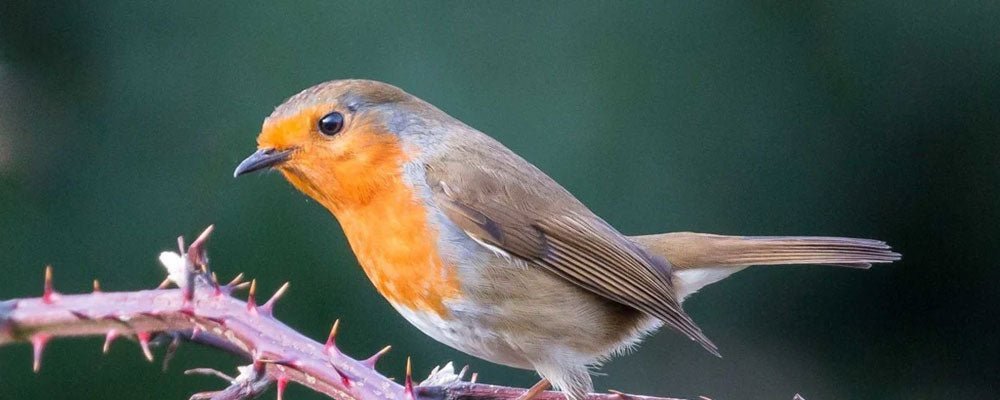
Robins, Sparrows, Dunnocks, Wrens, Tits & Blackbirds
Although sparrows, dunnocks and wrens commonly reside in gardens, these birds are not easily noticed because of their small stature. The dull-coloured plumage provides camouflage, blending in with ...
Read more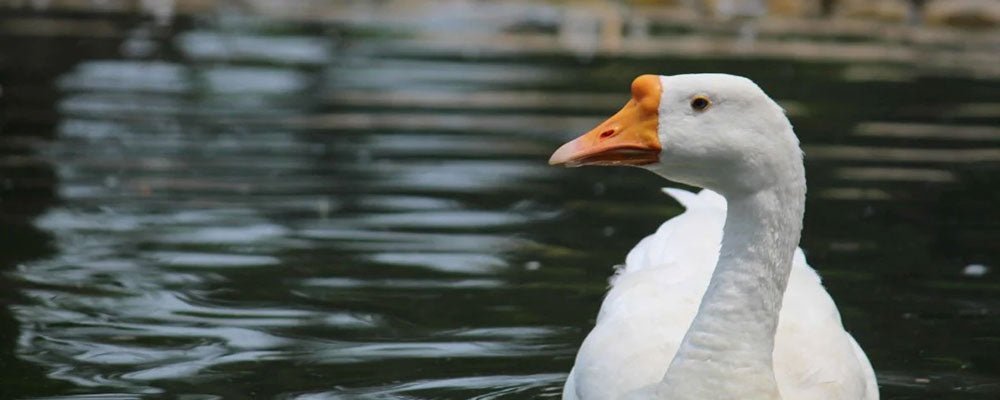
Swans, Ducks & Aquatic Birds - A Guide
Some birds are drawn to gardens with or near ponds and streams because of feeding opportunities, while others seek sanctuary from would-be predators in these surroundings. There is a great variety ...
Read more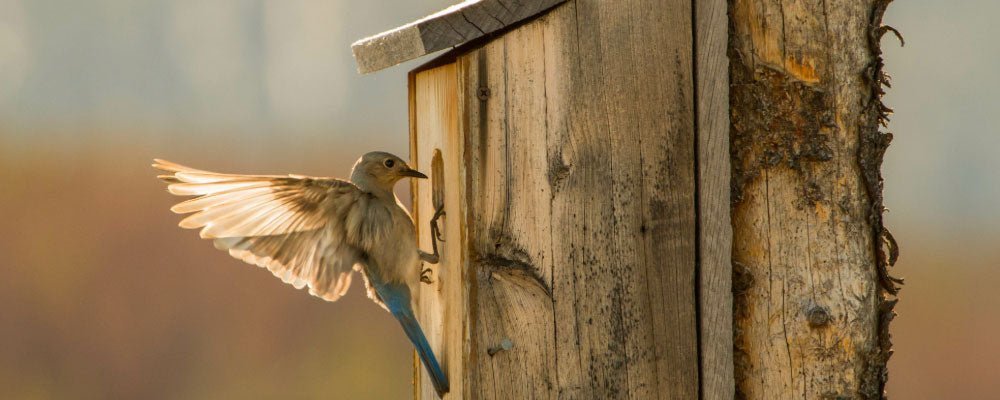
How to feed and attract wild birds to your garden - Guide
Why feeding wild birds is important As more of the countryside is swallowed up by new housing and industrial developments, the natural habitats of many birds are being reduced or lost altogether. G...
Read more